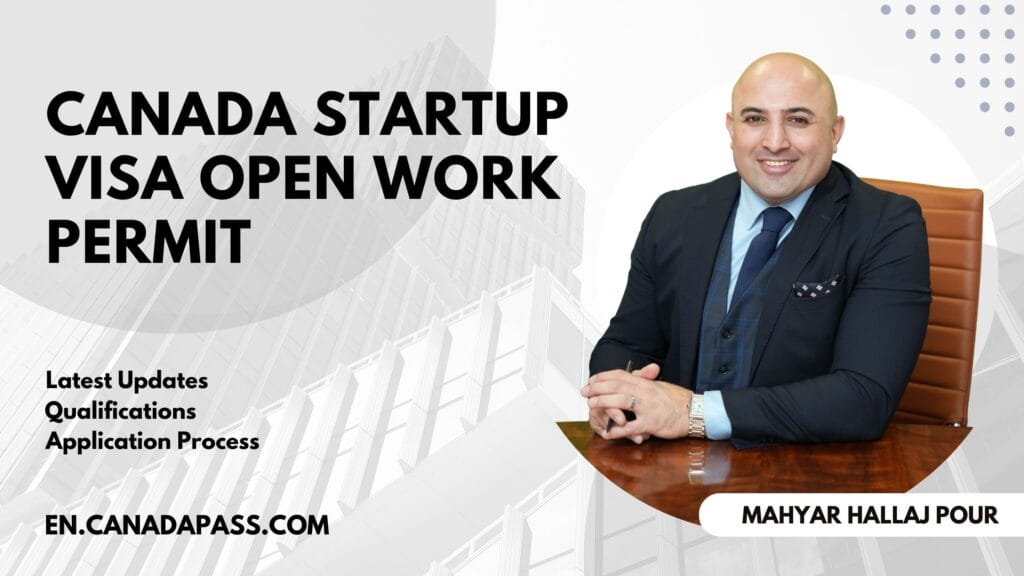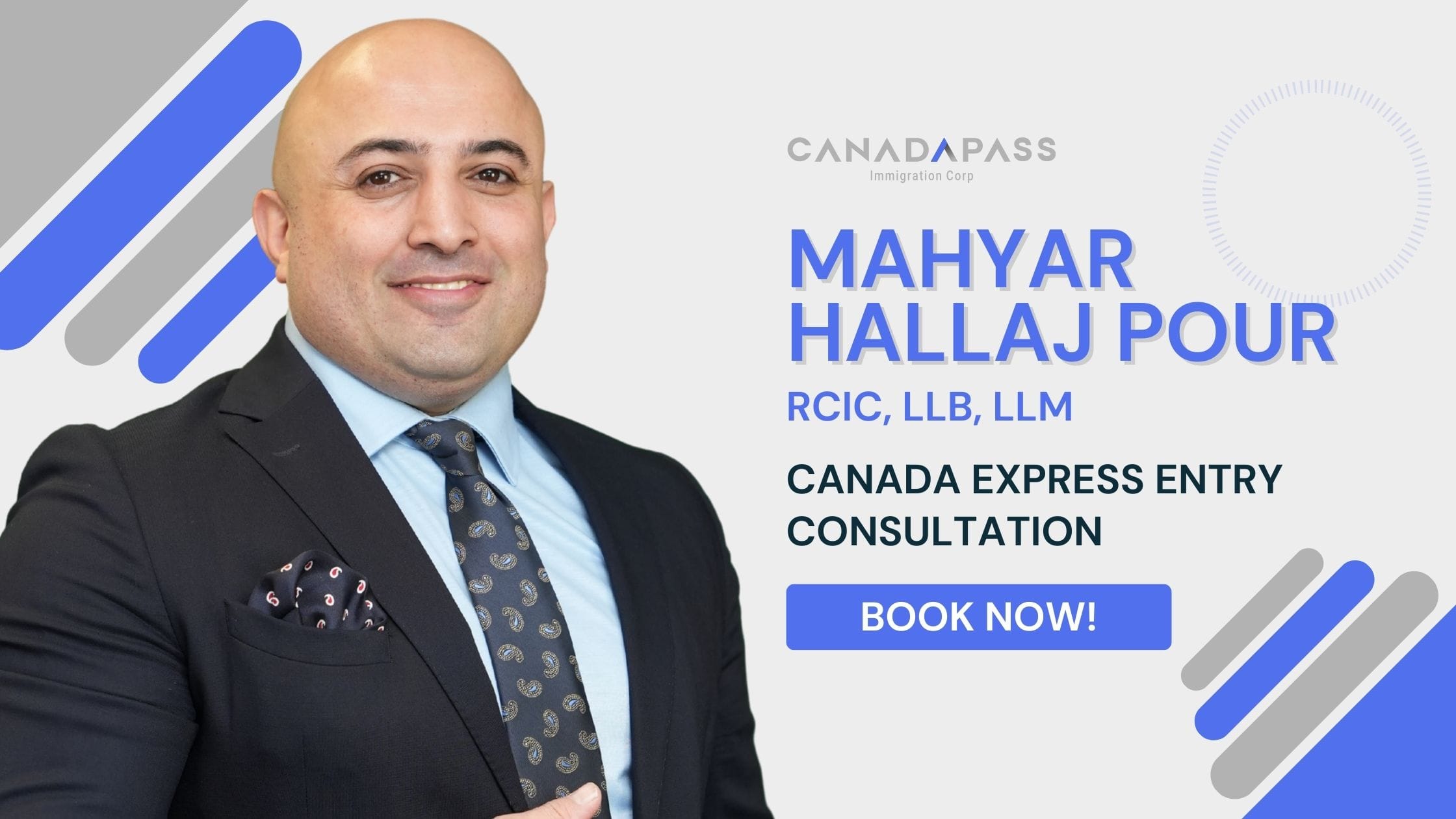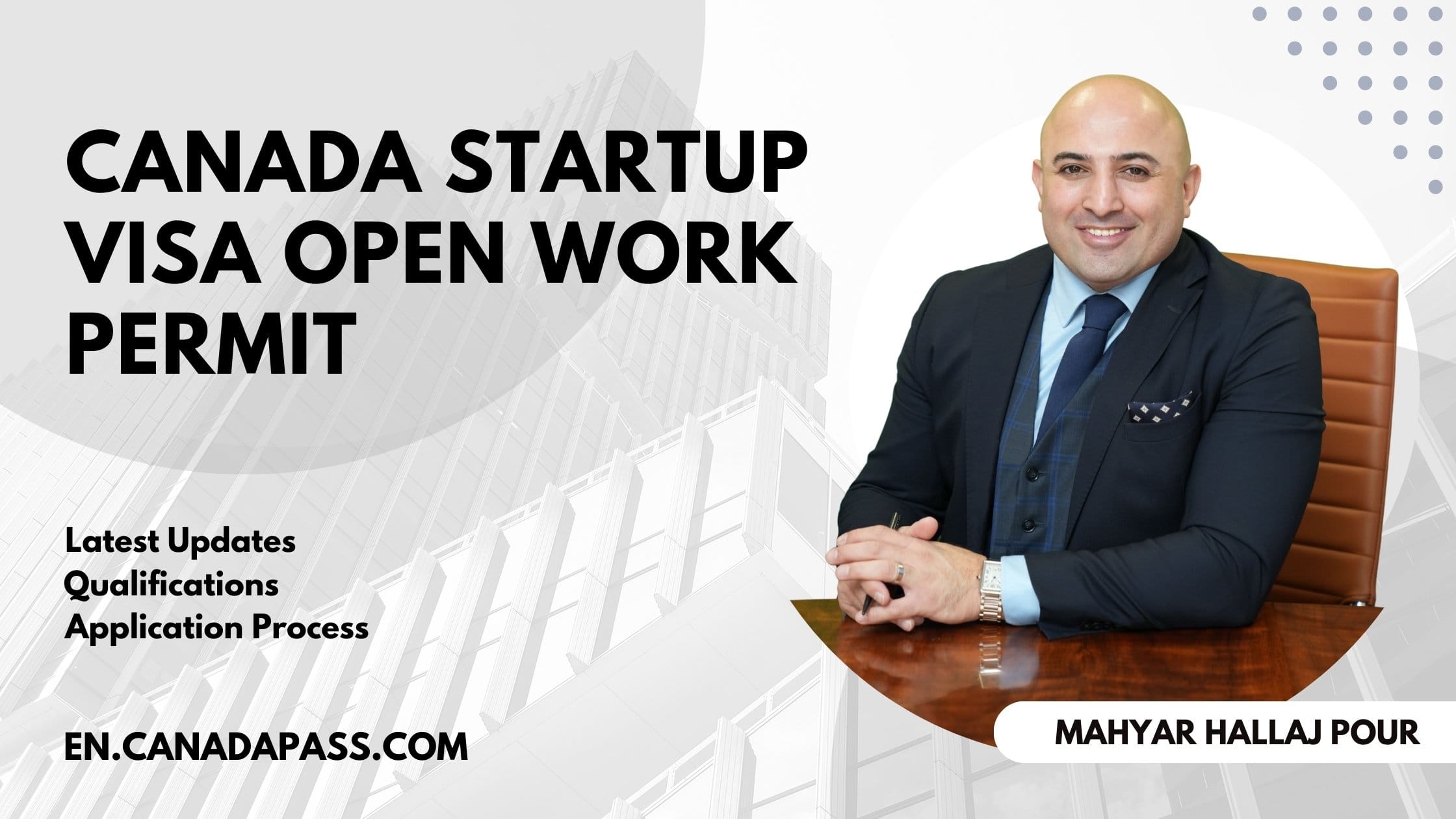The Canada Start-Up Visa costs involve several important expenses that applicants need to account for. The application fee is CAD 1,810 for the main applicant. The Canada Start-Up Visa program provides a unique opportunity for entrepreneurs to establish their businesses while obtaining permanent residency.
From government fees to settlement funds and business expenses, this guide breaks down all the key costs associated with the Start-Up Visa—helping you plan confidently and avoid unexpected surprises along the way.
1. Application Fees
Applying for the Start-Up Visa involves paying standard government fees, which are required for processing your application.
| Fees (2025) | $CAN |
| Application Processing fee ($1810) and right of permanent residence fee ($575) | 2,385.00 |
| Application (without right of permanent residence fee) | 1,810.00 |
| Include spouse or partner Processing fee ($950) and right of permanent residence fee ($575) | 1,525.00 |
| Include spouse or partner (without right of permanent residence fee) | 950.00 |
| Include a dependent child | 260.00(per child) |
For example, if you’re applying with a spouse and two children, your total application fee could be CAD $4,430, excluding additional costs.
Tip: Since processing fees are generally non-refundable once your application has been submitted, it’s important to ensure that your application is complete and meets all eligibility requirements to avoid any financial loss.
2. Minimum Investment Requirements
A core requirement of the Start-Up Visa Program is obtaining support from a designated organization. The amount of funding you must secure depends on the type of organization backing your business.
Funding Breakdown:
- Venture Capital Firms: Minimum investment of CAD $200,000.
- Angel Investor Groups: Minimum investment of CAD $75,000.
- Business Incubators: No investment is required, but you must be accepted into one of their programs.
Pro Tip:
- The organization you approach depends on your business plan and pitch.
- Meeting investment requirements is a critical step and a significant part of the Start-Up Visa process.
- Thoroughly research designated organizations that align with your business goals to increase your chances of securing the right investment or support.
For a full list of designated organizations, click here.
3. Settlement Funds
Applicants are also required to show proof of sufficient funds to support themselves and their family after arriving in Canada. These settlement funds provide financial stability while you settle into the country and begin building your business.
Proof of Funds Requirement:
| Number of family members | Funds (CAD) |
| 1 | $14,690 |
| 2 | $18,288 |
| 3 | $22,483 |
| 4 | $27,297 |
| 5 | $30,690 |
| 6 | $34,917 |
| 7 | $38,875 |
| Additional family members | $3,958 |
The required amount is updated annually and must be readily accessible in your bank account. It’s important to note that these funds must be your own and cannot be borrowed.
Advice: To avoid processing delays, ensure your bank statements or other financial documents are prepared and submitted well in advance.
4. Legal and Consultancy Fees
Engaging immigration professionals, such as lawyers or consultants, can enhance your application process for Canada’s Start-Up Visa Program. However, it’s essential to be aware of the associated costs.
Average Legal and Consultancy Fees:
- Immigration Consultant Fees: Typically range from CAD $2,000 to $5,000, depending on the complexity of services provided.
- Lawyer Fees: Generally, between CAD $5,000 and $20,000, influenced by the scope of services and case intricacies.
Services offered by these professionals may encompass:
- Business plan development,
- Pitch preparation,
- Legal compliance guidance
- Comprehensive application management, and more
While these services add to the overall expense, they can significantly increase the likelihood of a successful application.
Tip: Always verify that your immigration consultant or lawyer is licensed and in good standing. In Canada, immigration consultants must be members of the College of Immigration and Citizenship Consultants, while lawyers must be part of a provincial or territorial law society.
5. Costs for Creating Your Start-Up Product
As you plan your financial strategy for the Canada Start-Up Visa, it’s important to account for the costs involved in building your actual start-up product.
Key Areas of Expense:
- Research and Development (R&D):
- Early-stage research is essential for validating your business idea and understanding market needs. This may involve hiring industry experts, conducting market surveys, or investing in research tools and software—each of which can significantly impact your budget.
- Prototyping and Testing:
- Turning your idea into a tangible product or functioning software often requires multiple rounds of prototyping and testing. Physical product development might include hiring engineers, purchasing materials, or accessing specialized equipment. For software, building beta versions means bringing developers and testers on board to fine-tune functionality.
- Production and Manufacturing:
- If you’re producing a physical item, you’ll need to budget for manufacturing setup, which can include sourcing suppliers, tooling, and small- or large-scale production runs. These costs will vary based on the volume and complexity of your product.
- Software Development Costs:
- Tech-based businesses must allocate funds for software development, including hiring developers, acquiring licenses, purchasing tools, and maintaining the product. Even developing an MVP (Minimum Viable Product) with basic features often involves a skilled team focused on coding, user experience design, and system integration.
- Marketing and Customer Acquisition:
- Launching your product and gaining traction in the market typically requires a strong marketing strategy. This could involve branding, content creation, online advertising, and setting up customer support systems—all of which come with their own costs.
Remember:
Costs can vary significantly depending on:
- The type of product
- Development approach
- Business goals
- A clear understanding of your start-up’s product lifecycle will help you create an accurate and realistic financial plan.
Plan Ahead for Success
When applying for the Start-Up Visa, including these development expenses in your budget not only strengthens your application but also shows designated organizations and investors that you’re prepared to bring your idea to life and scale your business in Canada.
6. Additional Expenses
| Category | Requirement | Estimated Cost |
| Language Tests | IRCC-approved test (e.g., IELTS, TEF) | Around CAD $300 |
| Medical Examinations | Required for all applicants and family; IRCC-approved panel physician | CAD $200–$300 per person |
| Police Certificates | From each country lived in 6+ months since age 18 | CAD $50–$100 per certificate (varies by country) |
| Biometrics | Fingerprints and photo required after application | CAD $85 per person, or max. CAD $170 per family |
| Translating & Notarizing | Non-English/French documents must be translated and often notarized | CAD $25–$150 per page (varies by language and certification) |
| Travel Expenses | Budget for relocation to Canada | CAD $1,000–$5,000 (varies by origin and airline) |
| Living Costs | Funds to support family after arrival | CAD $4,000–$6,000 per month for a family of four |
Pro Tip: It’s essential to factor in these additional expenses early in your financial planning to ensure a smooth transition and avoid unexpected financial challenges during your move to Canada.
Please note that the costs mentioned are approximate and subject to change. It’s recommended to consult official sources or service providers for the most current information.

7. Budgeting and Financial Planning Tips
Create a Comprehensive Budget
Include all major expenses such as application fees, minimum investment, settlement funds, travel, legal services, and at least six months of living costs in Canada. Regularly review and adjust your budget as needed.
Monitor Cash Flow and Separate Finances
Track your income and expenses closely, and keep personal and business finances separate to simplify accounting and protect personal assets.
Explore Financial Support Programs
Research available grants, loans, and tax credits at the federal and provincial levels that support start-ups and newcomers.
Plan for Unexpected Costs
Set aside contingency funds to handle emergencies or delays during the immigration or business establishment process.
Leverage Scalable Tools
Use cloud-based accounting software to manage finances efficiently and gain real-time insights into your business performance.
Consider More Affordable Cities
If major cities like Toronto or Vancouver stretch your budget, explore growing hubs like Calgary or Halifax, which offer lower living and operational costs.
Seek Expert Advice
Consult licensed immigration consultants and financial or business advisors to avoid costly errors and improve your application’s success.
Key Insight: Thoughtful budgeting and expert guidance can reduce stress, prevent mistakes, and set you up for long-term success in Canada.
Final Thoughts
By creating a budget and seeking expert advice, you can avoid surprises and set your business up for growth. If you have questions about the costs or need assistance with your application, reach out to our experts at CanadaPass Immigration Corp.










